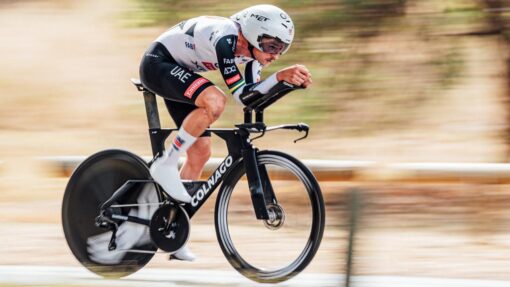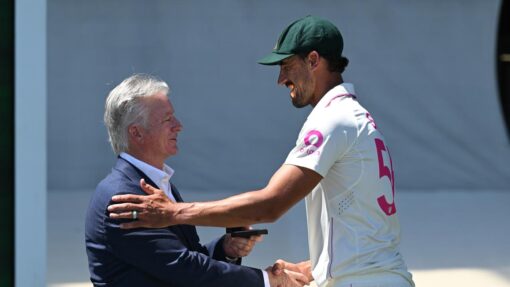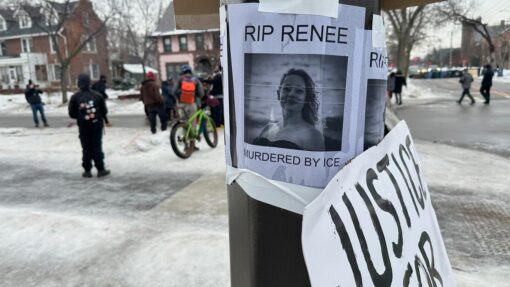Four years in exile has Hastings a new man
Scott Bailey |
Jackson Hastings needs no reminder of how long he spent in NRL exile.
“It was 1434 days,” Hastings told AAP without even being prompted.
“I had that written down. That is time between games in the NRL and it is a long time.”
A very long time.
For most of those days before last weekend’s competitive debut for Wests Tigers debut, Hastings spent his time believing his shot at the NRL was over.
Regretting actions that resulted in him being banished to reserve grade at Manly after a famous fallout with captain Daly Cherry-Evans in Gladstone and coach Trent Barrett labelling his relationship with players as a ticking time bomb.
Regretting not fitting in at the Sydney Roosters, while now making the startling admission that the majority of his ex-teammates probably thought he was a “prick”.
And most of all, regretting that another chance in the NRL may not come despite form in England that earned him the Man of Steel award in 2019 and two Super League grand final appearances.
“I thought the line was through my name there and that was me,” Hastings said.
“I thought I’d play my career out in England.
“A lot of good things happened for me there, I met my partner.
“I could have stayed in my comfort zone and played football there and lived the easy life and stayed away from the media.
“But I wanted to come back, and I would have been disappointed if I didn’t at least try to.”
For the most part, Hastings thought that chance was out of his hands until handed a two-year contract by the Tigers last April.
A teenage prodigy and son of 1981 Rothmans Medal winner Kevin Hastings, he made his Roosters debut at age 18 in 2014.
After being sent down to reserve grade by Barrett in 2018 he told he would not feature in their NRL side again owing to team harmony, Hastings knew his only chance would come from overseas suitors.
With that in mind, it would be easy for him to spend those four years blaming everyone else for the way his NRL dream slipped away.
But he won’t.
“I did it to myself really, so there was no point dwelling on it … Hopefully now I have come back I can slowly change the perception of myself from an immature kid to a full-blown adult you would want at your club,” he said.
Hastings is yet to properly break bread with his former Manly and Roosters teammates but was pleased with how they congratulated him on his return after facing them in trial matches.
He doesn’t feel the need to go over old ground with them, but what he does wish is that he was more open with players from both clubs when he was playing alongside them.
“The thing I regret most is how interacted with people … I would go to training just in a bad state of mind, a bad mood, and not let anyone in,” Hastings said.
“If you ask anyone who has ever played with me they would probably say I am a prick for all sorts of reasons.
“Instead of making up excuses or blaming someone else, just owning that and understanding you play a team sport where you need people to help you out and you need people to be around you.”
Which is why Hastings has returned to the NRL desperate to prove several things.
Not just that he comes back a better footballer, already showing he is more willing to run the ball and take the line on after growing in confidence in England.
Not just as a better halves partner to Luke Brooks, with his ability to take the pressure off the most under-pressure No.7 in the game already evident in the club’s season-opening loss to Melbourne.
And not just that he is a changed man, walking proof to other NRL players on the outer and with doubts over their future they can turn it around.
Instead, as much anything, he wants to show the importance of being open with those around you and the value of speaking to those closest when going through hard times.
“I lost mates to suicide who should be playing in the NRL right now,” Hastings said.
“I had my own family stuff.
“It’s certainly important to talk and that was something I didn’t do. I just bottled it up and was angry at the world and thought it was everyone else’s fault.
“When everything happened I was able to step back, take a look in the mirror and realise that I had to grow up and own everything I had done instead of blaming the next person.
“I have been able to learn a hell of a lot about myself and learned that I am actually a really resilient person and a really caring person too.”
Lifeline 13 11 14
beyondblue 1300 22 4636
AAP


